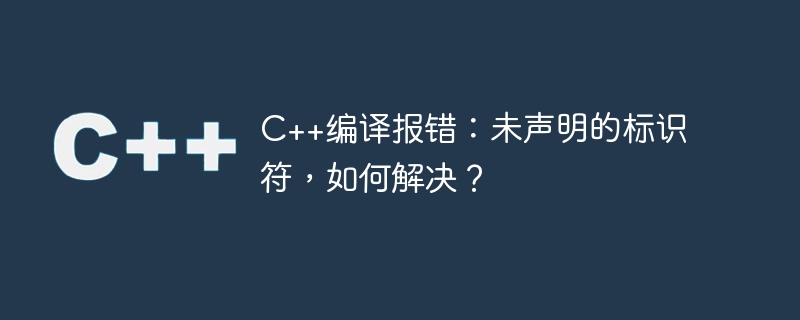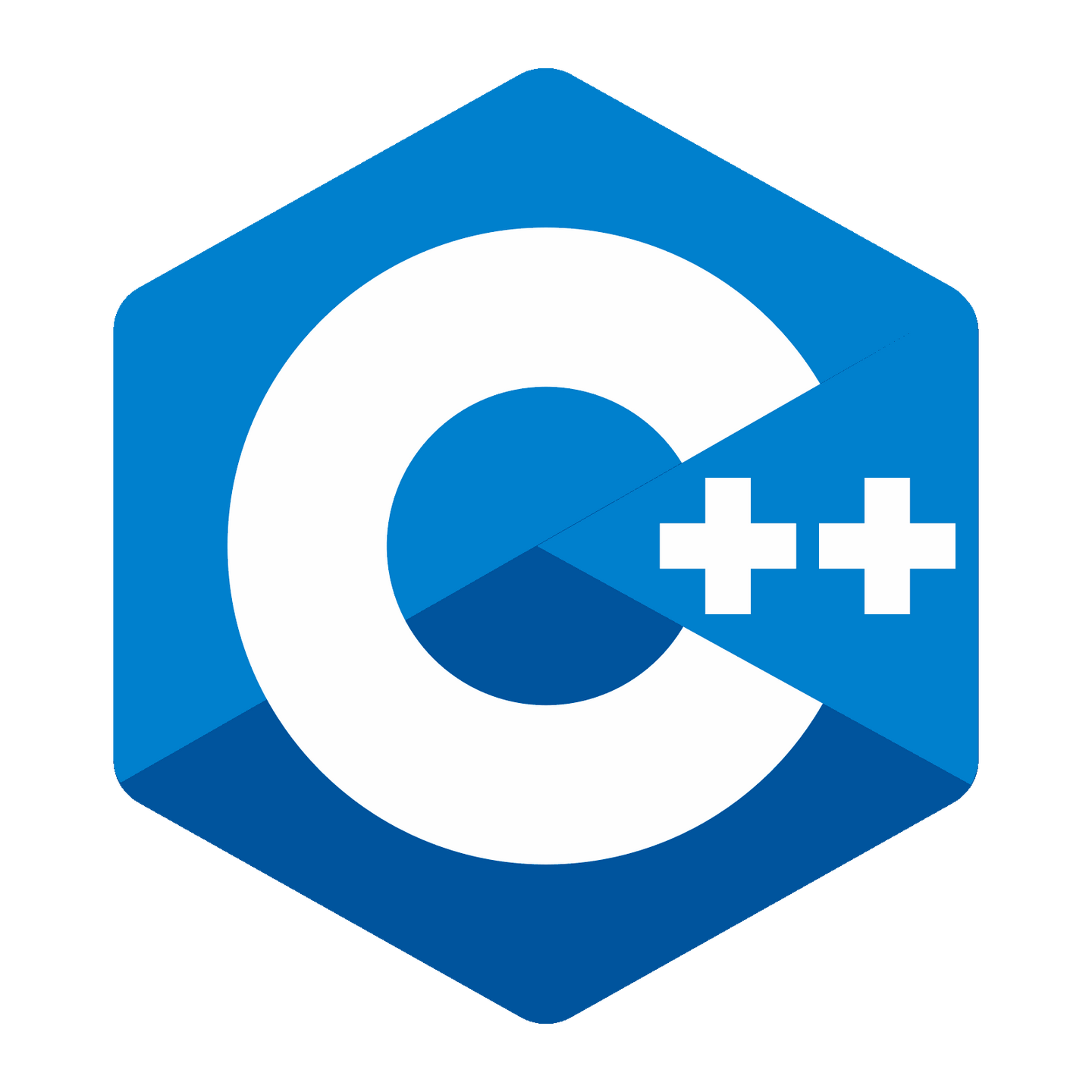
在使用C++进行编程时,经常会遇到未声明的标识符这个问题。这种情况通常发生在使用了未定义的变量、函数或类时,导致编译器无法识别这些标识符,进而产生编译错误。本文将介绍导致未声明的标识符问题的常见原因以及如何解决这个问题。
未声明的标识符问题通常由以下几种原因导致:
对于未声明的标识符的问题,解决方法通常有以下几种:
当遇到未声明的标识符问题时,我们可以首先查看是哪种原因导致产生的问题,找出问题所在。然后采取相应的解决方法,可以很快地解决这个问题。在编写C++程序时,建议遵循标识符的声明规则,以免出现未声明的标识符造成编译错误。
立即学习“C++免费学习笔记(深入)”;
以上就是C++编译报错:未声明的标识符,如何解决?的详细内容,更多请关注php中文网其它相关文章!

c++怎么学习?c++怎么入门?c++在哪学?c++怎么学才快?不用担心,这里为大家提供了c++速学教程(入门到精通),有需要的小伙伴保存下载就能学习啦!

Copyright 2014-2025 //m.sbmmt.com/ All Rights Reserved | php.cn | 湘ICP备2023035733号